EcuadorianHands promotes research and conservation of the tropical dry forest, home to the Palo Santo tree. Learn how...
Search in blog
Blog categories
Latest posts
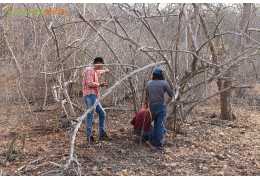
EcuadorianHands is a company that works in a sustainable and responsible way with the environment. We have been...
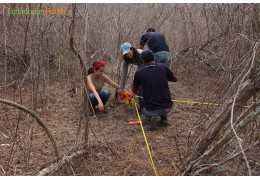
Dry forest, one of the most threatened ecosystems due to the ease of change associated with human activities. This...
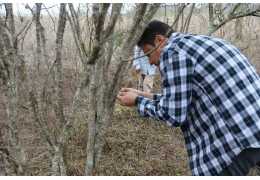
Of the five carbon compartments that can be measured in a forest (live aerial biomass, underground biomass, debris or...
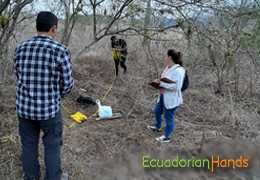
From 2015 to the present date, we have planted more than 10,000 palosanto trees, conducting scientific studies in...
Popular posts

.png)

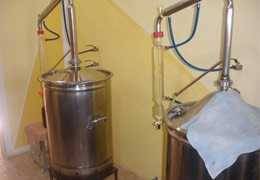

Photo gallery
-
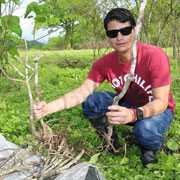
Is Palo Santo really endangered?
-
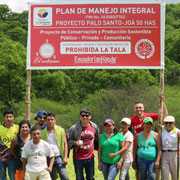
Is Palo Santo really endangered?
-
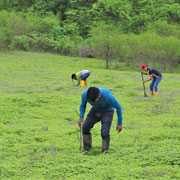
Is Palo Santo really endangered?
-
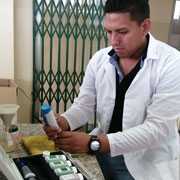
Investigations concerning the PaloSanto tree.
-
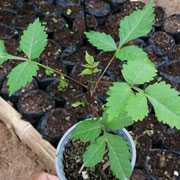
Nursery
-
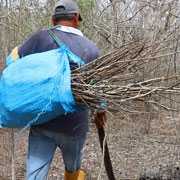
It's reforestation time! Palo santo

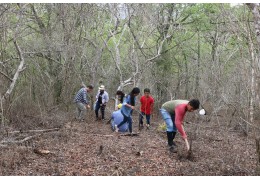


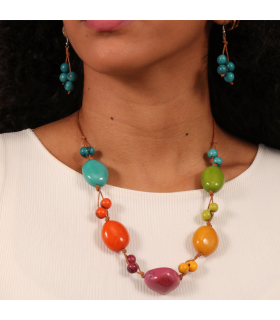
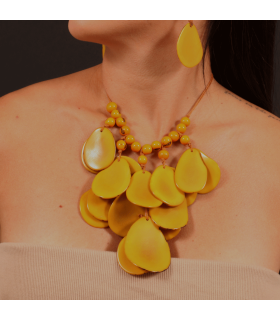

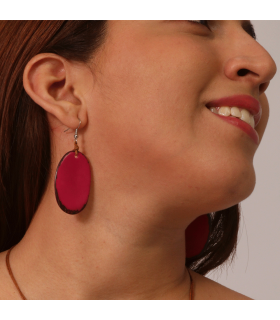
![FEDORA Panama Hat [FREE SHIPPING] | EcuadorianHands](https://ecuadorianhands.com/16027-home_default/fedora-montecristi-panama-hat.jpg)

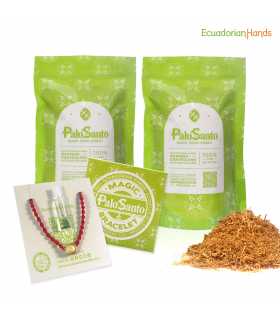
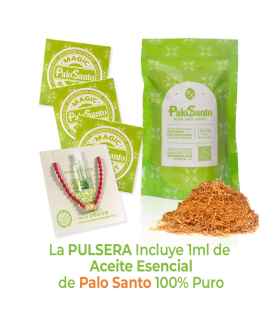
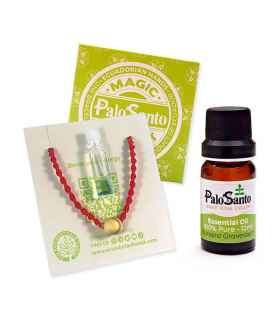
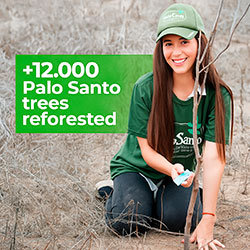
Leave a comment